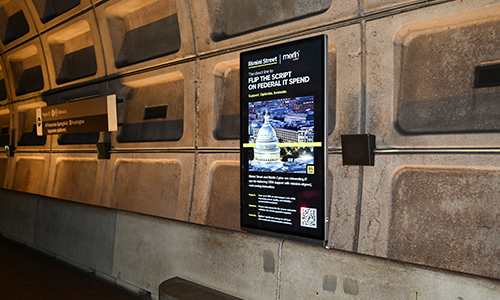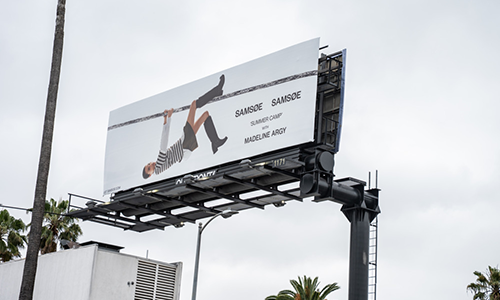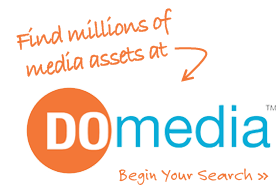In a media landscape dominated by endless algorithms, short attention spans, and endless scroll, advertising has become increasingly fragmented. Brands chase viewership across digital platforms and seek to drive clicks to their desired online landing pages. Yet, although they achieve clicks, those same brands struggle to build real awareness, trust, and recall.
Amid this melting pot of micro methods of digital advertising, out-of-home (OOH) advertising remains the backbone of the modern advertising industry; and not because it’s been around for quite a while, but because it’s figured out how to speak the human language.
It may be easy to fall into an “us vs. them” rabbit hole when attempting to figure out the perfect ad format, but one advertising method isn’t going to be a miracle channel as no particular channels overtake each other, but rather support and stabilize the entire media ecosystem.
OOH is the Only Truly Unskippable Medium
Digital viewers can install ad blockers, mute videos, and scroll past content before they even blink. OOH is different. It exists in the physical world, where attention is not an optional choice, it’s required.
Billboards, transit ads, street furniture, and digital displays meet people:
- On their daily commutes
- Throughout their local neighborhoods
- During moments of real-time interactivity
The unskippable nature of OOH gives it a unique aspect; and it’s one that guarantees exposure, something not even the mightiness of digital channels can promise with absolute certainty.
OOH Is the Foundation of Omnichannel Strategy
True omnichannel marketing isn’t about being every time at all the same time, it’s about maintaining a coherent and consistent presence across various strategically picked channels and formats.
OOH provides:
- A consistent visual presence and anchor
- Large-format storytelling
- Relevance geographically
From Times Square digital spectaculars to local neighborhood bus shelters, OOH gives campaigns a physical home beacon and all other channels orbit and support it.
Without a foundation as stable and consistent as OOH, digital channels are able to latch onto something real rather than force clicks and viewerships with virtual flyers and pop ups that float neither here nor there in the ether.
Modern OOH Is Measurable and Strategic
OOH is no longer just impressions that were seemingly immeasurable many decades ago. Today’s OOH includes:
- Mobile location data
- Foot traffic attribution
- Dwell time analysis
- Cross-channel measurement
With digital out-of-home (DOOH), brands can even adjust their creative in real-time to reflect world happenings, time of day, weather, and even gear messaging to audience behavior such as rush hour commuters to early bird runners.
This medium has evolved without losing its core strength.
The Bottom Line
OOH isn’t a support channel, it’s a true framework that all other advertising has to build from.
It builds true, lasting awareness before it comes in for the swoop on converting its viewers. In a media world that is so fragmented and existing on thousands if not millions of various platforms and digital formats, OOH provides what most brands need first: presence, permanence, and power.








